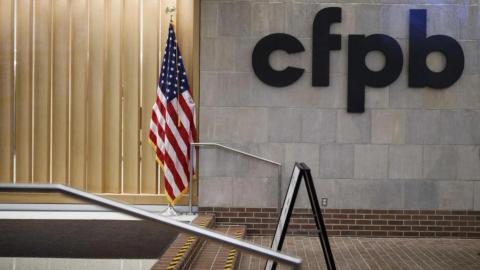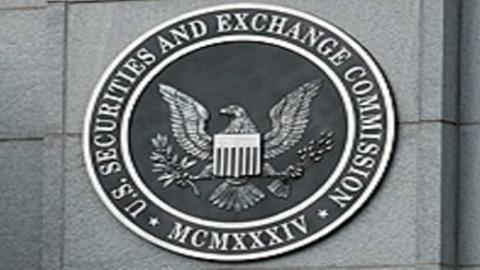CFPB Dismisses Lawsuit Over Capital One Savings Account Rates: What It Means for Consumers
The recent development in the Capital One lawsuit has drawn significant attention as the Consumer Financial Protection Bureau (CFPB) dismisses its case against the banking giant. This legal action, which began just days before President Trump took office, raises questions about consumer protection in the financial sector and the future of the CFPB itself.
Background of the Capital One Lawsuit
Initially filed just ten days before President Trump was inaugurated, the lawsuit accused Capital One of misleading its customers. The allegations stated that the bank maintained low interest rates on its 360 Savings accounts while not adequately informing account holders about the higher-yielding 360 Performance Savings account.
CFPB’s Recent Actions
On Thursday, the CFPB also withdrew lawsuits against Rocket Homes and Vanderbilt Mortgage and Finance. These cases, along with the one against Capital One, were initiated under the leadership of former CFPB director Rohit Chopra, who was dismissed by Trump shortly after the inauguration.
Dismissal of the Capital One Case
A court document dated February 27 confirmed that the CFPB voluntarily dismissed its case against Capital One. This decision came two weeks after the Trump administration took steps to shut down the agency’s headquarters, significantly curtailing its operations.
Future Direction of the CFPB
During a Senate confirmation hearing, Jonathan McKernan, a former Federal Deposit Insurance Corporation (FDIC) board member and Trump’s nominee to lead the CFPB, provided insights into the agency’s future. A federal court motion filed on February 24 indicated that the Trump administration plans to continue the CFPB’s operations but in a more streamlined manner.
CFPB’s Role in Consumer Protection
Established in 2011 under the Dodd-Frank Act, the CFPB has played a crucial role in safeguarding consumers within the financial sector. The agency has previously imposed fines on banks for various infractions, including:
- Creating unauthorized bank accounts: Banks have faced penalties for opening accounts without customer consent.
- Excessive overdraft fees: The CFPB has targeted institutions for charging unreasonably high overdraft fees.
Noteworthy CFPB Actions
Some significant actions taken by the CFPB in recent years include:
- 2024: A lawsuit against Early Warning Services, Bank of America, Wells Fargo, and Chase for failing to protect the Zelle network from fraud, resulting in substantial consumer losses.
- 2024: Ordering Navy Federal Credit Union to pay $95 million in refunds and fines related to overdraft fees.
- 2022: Enforcing a $3.7 billion penalty against Wells Fargo for excessive overdraft fees and interest charges on loans.
As the landscape of consumer protection continues to evolve, the future of the CFPB and its ability to enforce regulations remains a topic of great interest. For further insights about the CFPB’s impact on consumer rights, visit Consumer Financial Protection Bureau.







